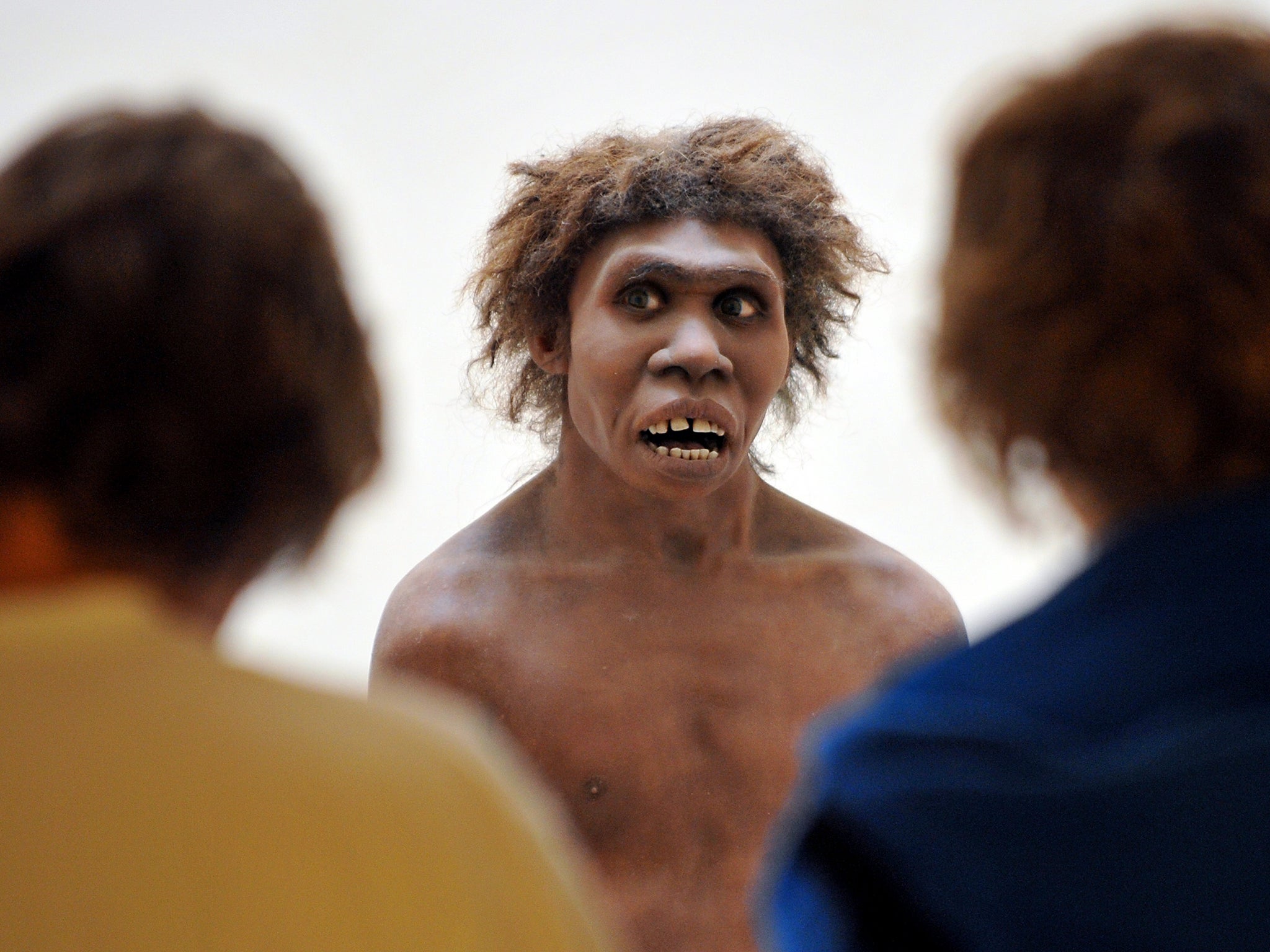Neanderthals might have contracted diseases from early humans that helped make them extinct, scientists say
Our ancestors would have brought with them tapeworm, tuberculosis, stomach ulcers and types of herpes — all of which the Neanderthals were ill-equipped

Your support helps us to tell the story
From reproductive rights to climate change to Big Tech, The Independent is on the ground when the story is developing. Whether it's investigating the financials of Elon Musk's pro-Trump PAC or producing our latest documentary, 'The A Word', which shines a light on the American women fighting for reproductive rights, we know how important it is to parse out the facts from the messaging.
At such a critical moment in US history, we need reporters on the ground. Your donation allows us to keep sending journalists to speak to both sides of the story.
The Independent is trusted by Americans across the entire political spectrum. And unlike many other quality news outlets, we choose not to lock Americans out of our reporting and analysis with paywalls. We believe quality journalism should be available to everyone, paid for by those who can afford it.
Your support makes all the difference.Modern humans might have brought diseases from Africa that helped wipe out Neanderthals, according to a new study.
The ancient species once ruled Europe. But they would have caught many infections from our ancestors, including tapeworm, tuberculosis, stomach ulcers and types of herpes, all of which would have made them weak and unable to find food, and could have led to their extinction.
As our ancestors moved out of Africa and into Europe, they might have brought diseases that helped contribute to the decline of the now-extinct species, the new research claims. Since both groups were species of hominin, the pathogen would have had less trouble jumping from one population to the other, the researchers said.
The new claims come from research from Cambridge and Oxford Brookes that showed some infectious diseases are likely to be thousands of years older than previously thought, and might have had a role in one of the most significant extinctions in human history.
There is already evidence that anatomically modern humans interbred with Neanderthals — a closely related but earlier species. And there is also evidence that viruses moved from humans to other hominins in Africa.
So it isn’t a leap to think that when our ancient ancestors moved into Europe, they would have brought those same diseases with them. And since the Neanderthals were adapted to diseases found in Europe, rather than Africa, they would have found it difficult to cope with the new infections.
"Humans migrating out of Africa would have been a significant reservoir of tropical diseases," said Charlotte Houldcroft, one of the authors of the study, in a statement. "For the Neanderthal population of Eurasia, adapted to that geographical infectious disease environment, exposure to new pathogens carried out of Africa may have been catastrophic."
The researchers said that those infections would not all have happened in one go, like when Europeans arrived in the Americas in the 1400s and led to huge epidemics. Rather, they would have spread between small groups and weakened them, leading them into problems and making them less able to find food and live on.
Previously, infectious diseases were thought to have spread quickly when agriculture came about, around 8,000 years ago, and humans started living in more dense groups and around animals. But the new research by Dr Houldcroft and Simon Underdown argues that diseases were in the human population much earlier than thought — and might have been passed onto animals, rather than the other way around.
Join our commenting forum
Join thought-provoking conversations, follow other Independent readers and see their replies
Comments